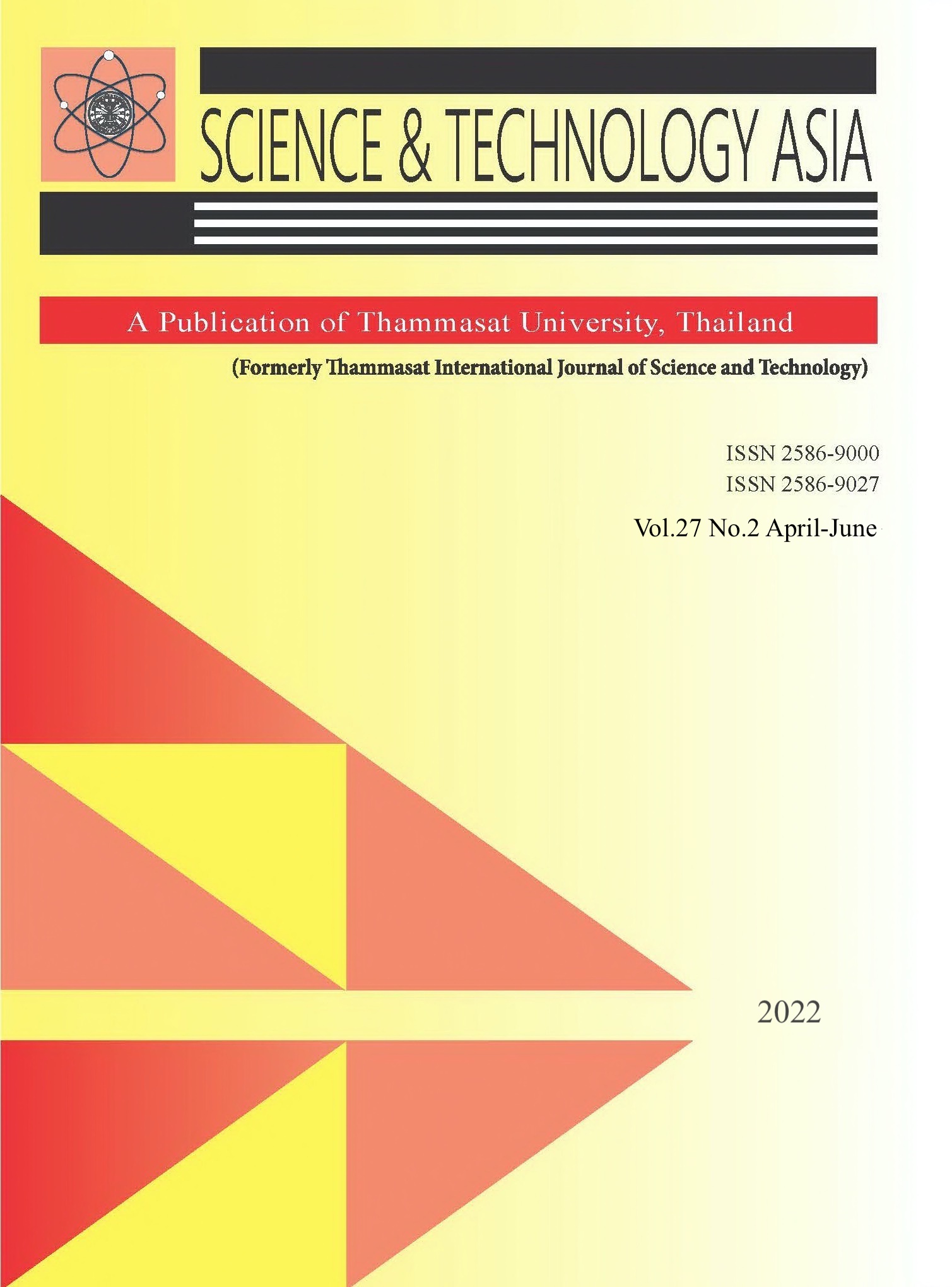Predicting the Mortality in the Patients Hospitalized in Intensive Care Units (ICU) Based on Machine Learning Techniques
Main Article Content
Abstract
The patients hospitalized in an Intensive Care Unit (ICU) are always at risk of death. Use of machine learning for predicting the mortality of ICU patients is essential to assess the severity of the disease and to judge the value of new treatments, interventions, and health care policies. Therefore, this study aims to predict the mortality in patients hospitalized in the ICU based on machine learning techniques. The present study was conducted in four steps: data understanding, preprocessing, modeling, and evaluation. First, the mortality factors in the patients hospitalized in the ICU were identified and were extracted from 800 records of patient data. Next, different prediction algorithms including decision tree (J48), MLP, KNN, random forest, and SVM were developed based on 19 confirmed factors. The random forest algorithm worked appropriately based on receiver operating characteristic (ROC), accuracy, precision, sensitivity, and specificity. The SVM algorithm was the weakest algorithm according to ROC, sensitivity, accuracy and precision. Also, ventilation was the most effective factor for predicting the patients' death. Our study shows that machine learning algorithms can appropriately predict the mortality rate in patients hospitalized in the ICU with high accuracy and precision, extracting deeper specificities. Since diagnosis by humans is a time-consuming process with a higher probability of mistakes, using these algorithms can decrease treatment decision mistakes made by the ICU physicians and increase the chance of successful treatment.
Article Details

This work is licensed under a Creative Commons Attribution-NonCommercial-NoDerivatives 4.0 International License.


